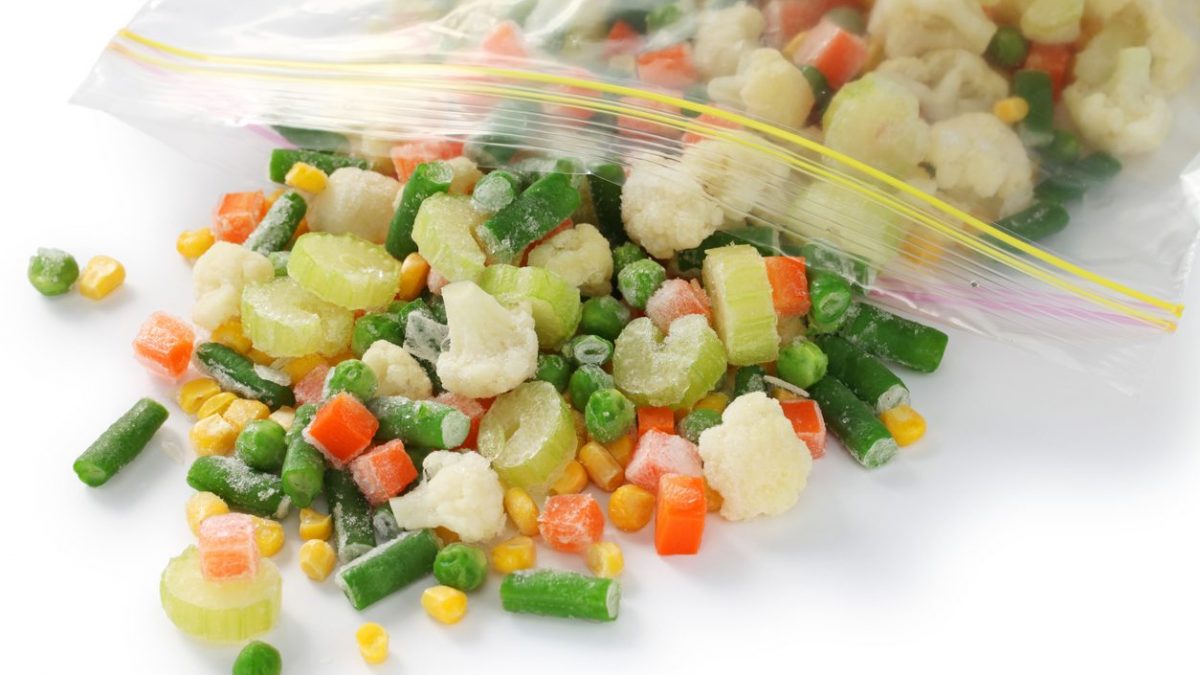To Rinse or Not to Rinse: The Debate on Reusing Zip-Top Bags
In the ongoing quest to reduce plastic waste, the practice of washing and reusing zip-top bags has gained popularity. This article examines the benefits, risks, and best practices associated with this eco-friendly habit. By exploring environmental impact, cost savings, and health considerations, readers will gain insight into whether washing and reusing zip-top bags are a safe and effective choice for their household. Stay informed and make sustainable decisions for a greener future.

In today's environmentally conscious world, the quest to reduce waste has led many to reconsider the way they use everyday items. One common practice gaining traction is washing and reusing zip-top bags instead of discarding them after a single use. While this may seem like a simple way to reduce plastic waste, it raises important questions about safety and effectiveness. In this article, we'll explore the benefits, potential risks, and best practices associated with washing and reusing zip-top bags.
Washing and reusing zip-top bags involve cleaning and sanitizing them after each use to extend their lifespan and minimize waste. Advocates of this practice often tout its cost-effectiveness and eco-friendliness. However, there are important considerations to keep in mind.
Benefits of Washing and Reusing Zip-Top Bags

Washing and reusing zip-top bags has emerged as a simple yet impactful way to reduce plastic waste and promote sustainability in daily life. Let's delve into the advantages of adopting this eco-friendly practice:
- Environmental Impact: Reusing zip-top bags reduces the amount of plastic waste sent to landfills, making it an eco-friendly choice.
- Cost Savings: By reusing bags instead of buying new ones, individuals can save money over time.
- Convenience: Having clean, reusable bags on hand makes packing lunches and storing leftovers more convenient.
Potential Risks and Concerns of Reusing Zip-top Bags

While the practice of washing and reusing zip-top bags offers numerous benefits, it's essential to also consider potential risks and concerns associated with this habit. From microbial contamination to chemical leaching, understanding the drawbacks can help individuals make informed decisions about whether to reuse these plastic containers. Here are the possible pitfalls of reusing zip-top bags:
- Cross-Contamination: Despite washing, zip-top bags may harbor bacteria and food residues, increasing the risk of cross-contamination.
- Degradation: Repeated washing can cause zip-top bags to deteriorate, compromising their effectiveness.
- Health and Safety: Improper cleaning techniques or inadequate drying can lead to microbial growth and foodborne illnesses.
Best Practices for Washing and Reusing Zip-Top Bags

To ensure the safety and effectiveness of washing and reusing zip-top bags, it's crucial to follow best practices. From proper cleaning techniques to storage recommendations, adopting these guidelines can help maximize the lifespan of your bags while minimizing potential risks:
- Thorough Cleaning: Wash bags with hot, soapy water or in a dishwasher to ensure proper sanitation.
- Proper Drying: Allow bags to air dry completely before reuse to prevent moisture buildup.
- Regular Inspection: Check bags for signs of damage or contamination and discard if necessary.
- Limited Reuse: While bags can be reused, replace them when they show signs of wear or contamination.
Conclusion
Washing and reusing zip-top bags can be a practical and eco-friendly practice when done correctly. However, it's essential to exercise caution and follow proper hygiene protocols to minimize risks. By adopting best practices and being mindful of potential concerns, individuals can reap the benefits of reusing zip-top bags while promoting sustainability and food safety.
Stay tuned for more informative articles on eco-friendly living and kitchen tips!




